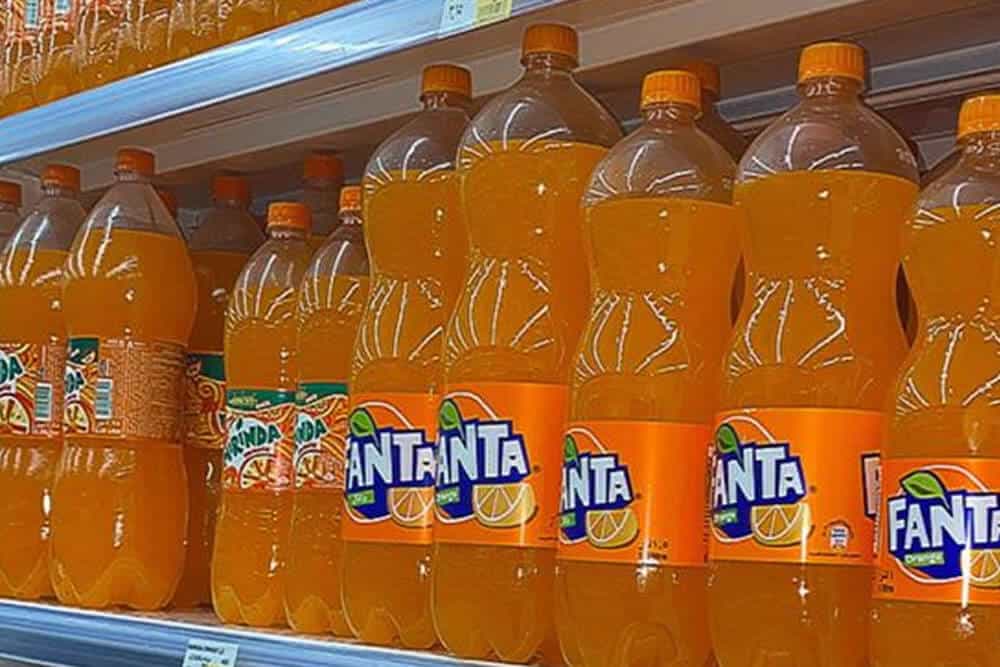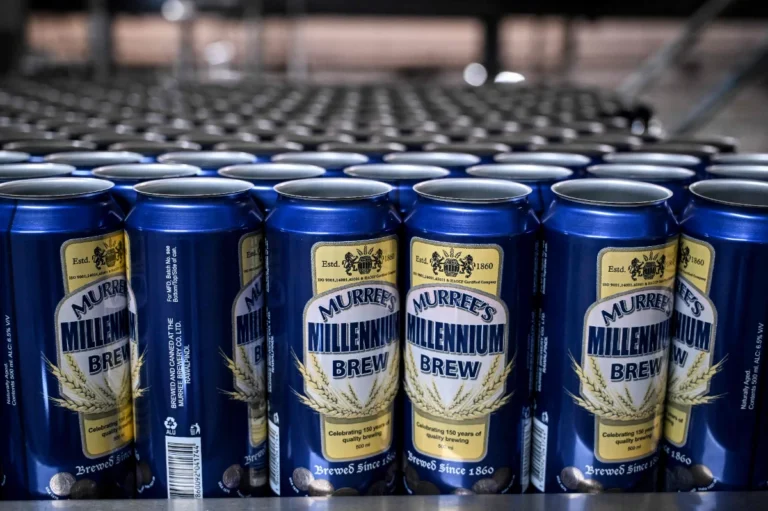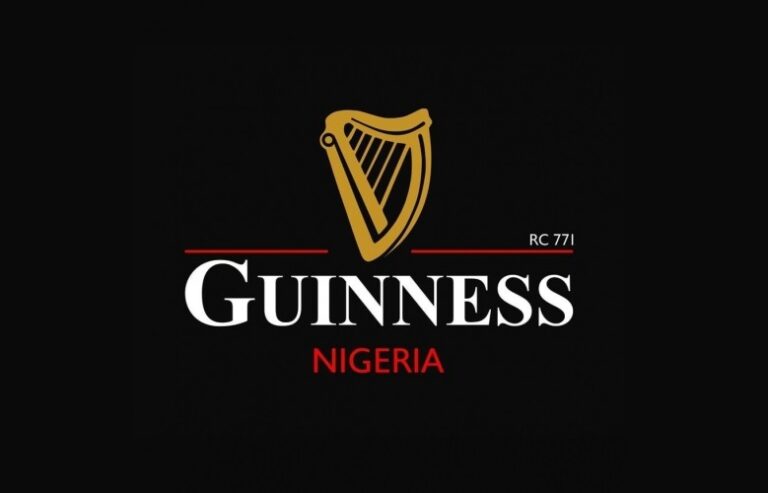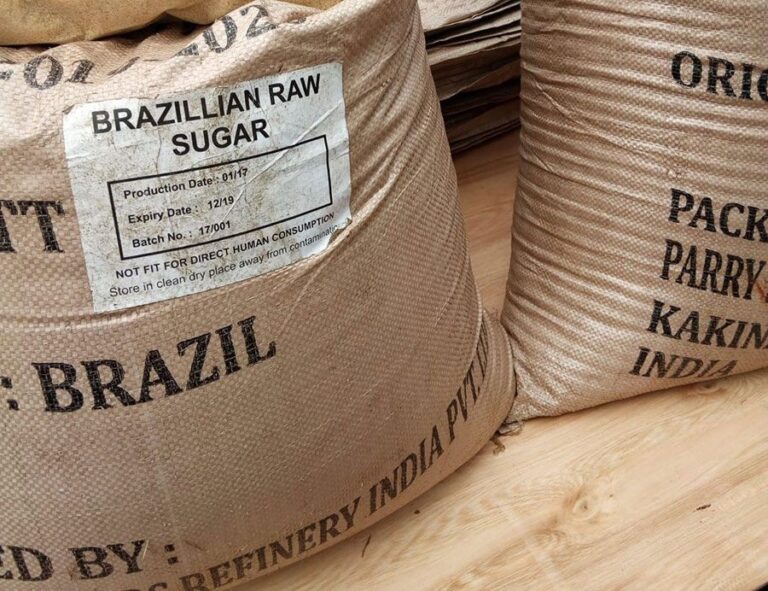In recent times, a captivating trend has been making waves in numerous churches, especially those of the white garment tradition with a spiritual leaning, as orange-flavored drinks, particularly the iconic Fanta brand produced by the renowned Nigerian Bottling Company (NBC), witness a substantial surge in sales. This intriguing phenomenon has garnered significant attention across the nation, as it appears that spiritual leaders of many white garment churches have wholeheartedly embraced Fanta as a symbol of well-being and prosperity, particularly during their spiritual gatherings.
An extensive survey carried out by Drinkabl Media has revealed that Fanta has unquestionably surpassed other soft drink brands in terms of sales, resulting in a corresponding hike in its unit price. While alternative soft drinks typically maintain a price tag of around N200, Fanta has seen its value skyrocket to N250 or even higher, depending on the geographical location.
A diverse demographic cross-section of store owners has attested to the notable discovery of heightened demand for orange-flavored drinks, with Fanta reigning supreme. The allure of these beverages, mainly attributed to their delightful taste, has not gone unnoticed. It is a phenomenon that has transcended regional boundaries, capturing the collective taste preferences of the populace.
During this trend’s exploration, a prominent observation is the practice within white garment churches, where spiritual leaders regularly request Fanta and other orange-flavored brands from their congregants. This practice stems from the belief that these beverages hold the power to infuse their lives with sweetness and prosperity, particularly during their prayer sessions. Congregants, drawn by faith and reverence for their spiritual leaders, diligently follow these instructions, considering them as deeply significant and spiritually potent.
Furthermore, this trend extends to spiritual journeys taken by congregants and spiritual leaders to remote mountainous locations, where these orange-flavored drinks are presented and consecrated during prayer sessions. The symbolic act of cleansing with these beverages is believed to usher in a new life filled with sweetness and divine blessings, reinforcing the profound spiritual connection.
However, amidst the burgeoning popularity of this practice, certain pastors, primarily hailing from orthodox churches, dismiss it as a sign of the end times, aligning it with biblical predictions. They emphasize the irreplaceable role of God, through Jesus, as the sole bestower of prosperity and health, cautioning against attributing such powers to inanimate objects.
Alternatively, some attribute the surge in demand for Fanta to its relatively lower sugar content compared to other soft drink brands. This perspective posits that the choice of Fanta is guided by health-conscious considerations. Nevertheless, it remains clear that for the churches embracing this trend, these beverages primarily serve as potent symbols deeply resonating with their members’ spiritual journeys.
Painting a vivid picture of a typical prayer session within one of these spiritual churches, one can observe that orange-flavored brands constitute the most prominently displayed items. This striking visual display underscores the extent to which Fanta and similar beverages have seamlessly integrated into these religious gatherings’ fabric, becoming an intrinsic element of their spiritual experience.
In essence, this remarkable trend underscores the multifaceted influence of Fanta, extending beyond mere refreshment to symbolize a profound connection to spirituality, faith, and an enduring quest for a sweeter life. As this trend continues to captivate the hearts and minds of congregants and spiritual leaders alike, how it will evolve and influence the landscape of spiritual practices and beverage preferences nationwide remains to be seen.
The emergence of Fanta as a symbol of spiritual significance within these churches underscores the dynamic interplay between popular culture, spirituality, and consumer behavior. This phenomenon highlights symbols’ enduring power and capacity to shape beliefs, practices, and even economic markets. The story of Fanta’s rise within these spiritual gatherings serves as a compelling case study in the ever-evolving tapestry of beverage consumption, human culture, and spirituality.
In conclusion, the surge in Fanta sales within white garment churches has sparked intriguing discussions around spirituality and consumerism. Whether it’s viewed as a profound symbol of faith, a matter of taste preference, or a unique cultural phenomenon, there is no denying the impact of Fanta on the spiritual landscape of these churches and the broader societal conversation it has ignited. As the trend continues to evolve and adapt, it will be fascinating to observe the enduring influence of this iconic orange-flavored beverage on the religious practices and cultural expressions of the Nigerian people.






